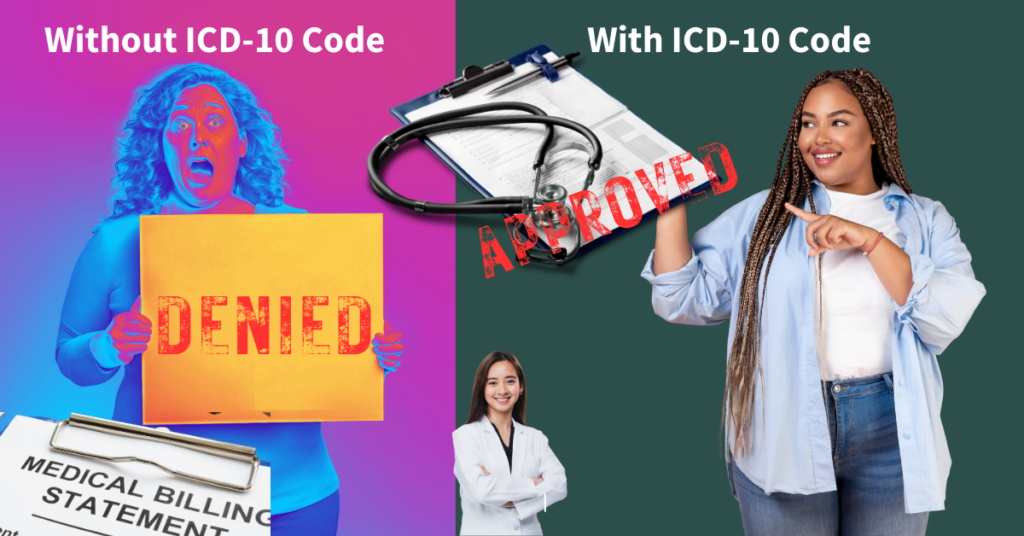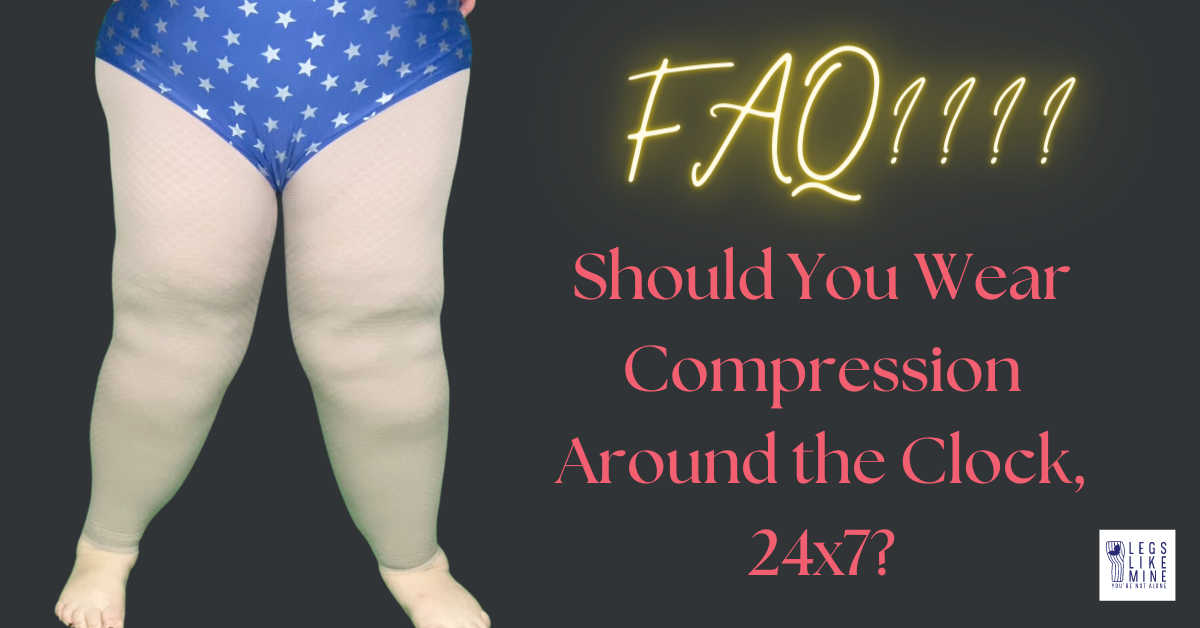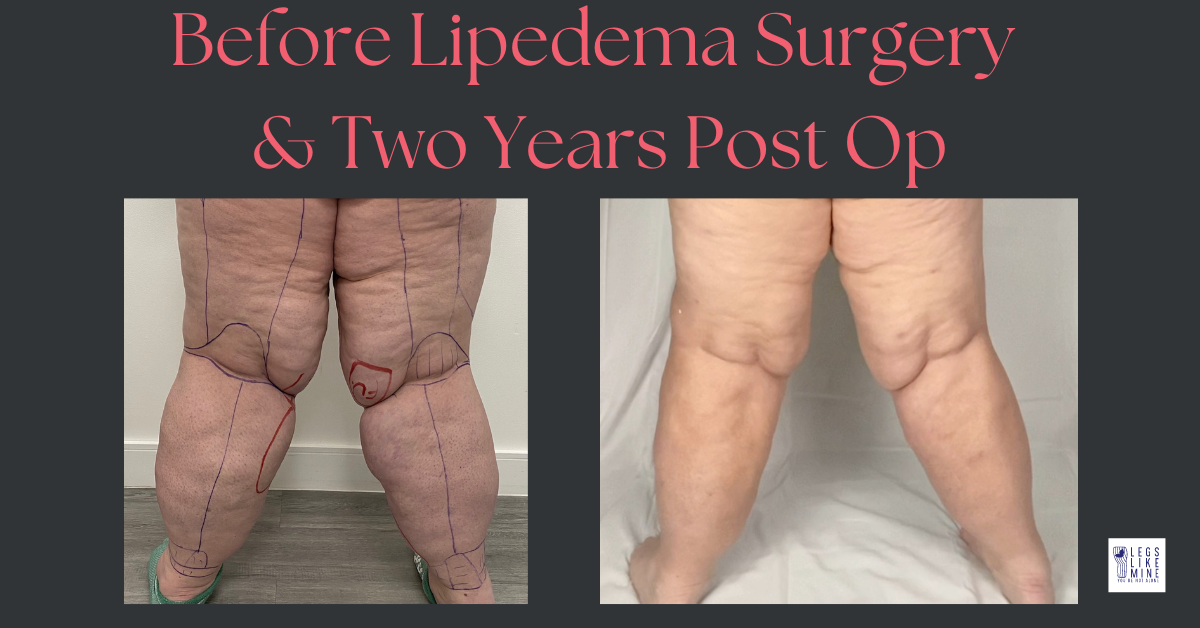Hi friends!
Lipedema, a chronic and progressive condition affecting mostly women, has long been misunderstood and misdiagnosed. One major reason for this is the lack of a specific International Classification of Diseases (ICD) code. Having a unique ICD code for lipedema is vital for several reasons.
First, an ICD code would greatly improve the diagnosis and treatment of lipedema. Right now, healthcare providers must use non-specific codes, leading to confusion and misdiagnosis. A unique code would raise awareness among medical professionals, helping them better identify and treat the condition. If clinicians are looking to use codes right now, I ask you to refer them to the codes that the Lipedema Foundation suggests on their website, so at a minimum, our conditions can be recorded consistently while we wait for implementation of the EF02.2 code in ICD-11 that has been approved at the world level, as of January 2022, but may not be implemented in the US for several years.
Second, an ICD code would boost research efforts. It would allow for more accurate tracking of lipedema’s prevalence, support recruitment for clinical trials, and enable the creation of patient registries. This data is crucial for advancing our understanding of the disease and developing more effective treatments. Imagine being a researcher trying to find lipedema patients by looking up random symptom codes and hoping that you’ve found a lipedema patient. This is really difficult to do.
Third, a specific ICD code would improve insurance coverage for lipedema treatments. Many patients struggle to get coverage for necessary therapies because their condition lacks official recognition. An ICD code would provide the legitimacy needed for insurance companies to acknowledge and cover lipedema-related treatments. And we aren’t just talking about insurance for surgery. We’re talking about coverage for compression, physical and occupational therapy, manual lymphatic drainage, pneumatic compression pumps, and so on. We need full coverage. And right now, there are some paid insurance advocates out there, that are focusing on the big bucks – getting coverage for surgery, but as far as I know, there’s no one advocacy company that is looking to find coverage for my next pair of compression pants. Am I right? Note the American Lipedema Association will be trying to help with this level of advocacy, but it will take time.
Why Would Someone NOT Want and ICD-10 Code for Lipedema?
Here’s why. GREED. It’s worth noting that some organizations might benefit financially from the current lack of a specific ICD code for lipedema. Companies that are paid to advocate for insurance coverage for surgery would be less lucrative if there was a consistent ICD 10 code recognizing lipedema as a disease instead of a handful of random symptoms that are hard to put together. This code is the foundation of insurance companies having to recognize and pay for our treatments. With a code in place, we are paving the way to put paid advocates in less of a wonderful financial situation and they would have to evolve to focus on getting full payment for all services instead of just surgery. Insurance companies, also, might prefer the status quo as it allows them to more easily deny coverage for lipedema treatments. Similarly, some healthcare providers who specialize in treating related conditions might see a decrease in referrals if lipedema were more accurately diagnosed. These financial incentives could potentially lead to resistance against creating a specific ICD code for lipedema.
Despite these challenges, progress is being made. The ICD-11, which hasn’t yet been adopted in the United States, includes a code for lipedema (EF02.2). This recognition at the international level is a significant step forward, but more needs to be done to ensure its implementation in the U.S. healthcare system.
As patients, advocates, and healthcare professionals, we have the power to drive change. A petition on Change.org is currently calling for the addition of an ICD-10 code for lipedema. By signing this petition, you can help bring attention to this important issue and push for official recognition of lipedema in the U.S. healthcare system. Now for awareness, it takes much more than a petition to get this change implemented. There’s a whole process to submit the condition to a big government committee that meets twice a year. The ALA has looked into this and verified that two separate medical professionals have made the submission for the upcoming meeting in September, and we want to be there with our petition signatures, at the meeting, to show our support of the ICD10 code being implemented now.
HUGE kudos to doctors who are fighting for this code, such as Dr. Karen Herbst, who are willing to use their valuable time to do loads of government paperwork to get change like this put in place. Partnering with doctors and foundations like the Lipedema Foundation, make us all stronger. I urge you to sign the petition today so that we can show support and get the treatment at all phases, surgical or nonsurgical, for all lipedema patients.
Remember, having a consistent ICD code for lipedema benefits all patients by improving diagnosis, treatment, research, and insurance coverage. It’s a crucial step towards better care and quality of life for those living with this challenging condition. Let’s unite our voices and advocate for this much-needed change. Sign the petition today and help make a difference in the lives of lipedema patients across the country.
Thanks everyone!
Susan











